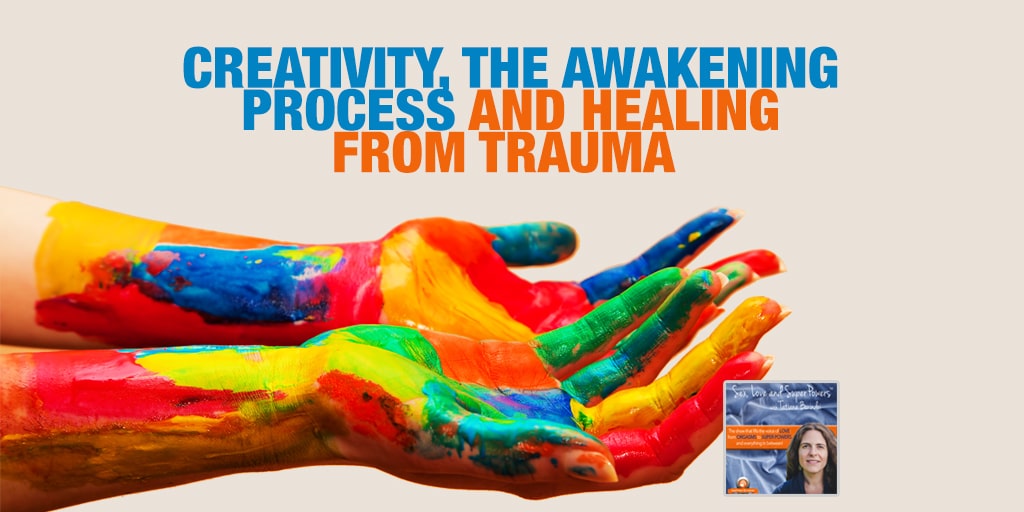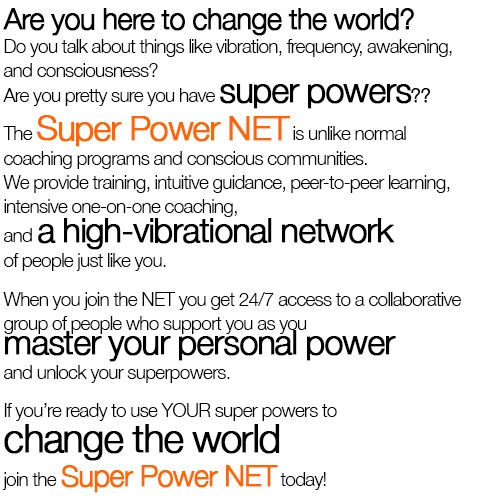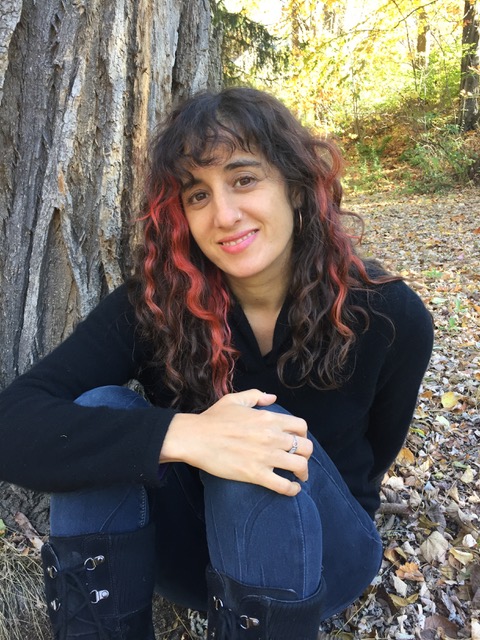
Hello everyone and welcome to the Sex, Love and SuperPower show. I’m your host Tatiana Berindei. Today I am so excited to be here with Rythea Lee. We’re discussing creativity, the awakening process in healing from trauma. Rythea Lee is a professional dancer and a multi-disciplinary artist giving voice to personal and global stories of healing. A trauma and abuse counselor for 23 years, Rythea is devoted to helping people recover and thrive after surviving unspeakable atrocities. Her aim to both heal and entertain combines at the deepest level in her YouTube show Advice From a Loving Bitch. The show uses zany humor, therapeutic monologues, compelling interviews and dance parties to teach people how to transform crippling self-hatred into lasting self-love. She is the author of the book Trauma Into Truth: Gutsy Healing and Why It’s Worth It. I am so excited to have her with us here today. Hi, Rythea, welcome to the show.
Hi, Tatiana. I’m so happy to be here.
Yeah, I’m so happy to have you here. I’m going to throw you right in the pool and ask you our opening question, what are your superpowers?
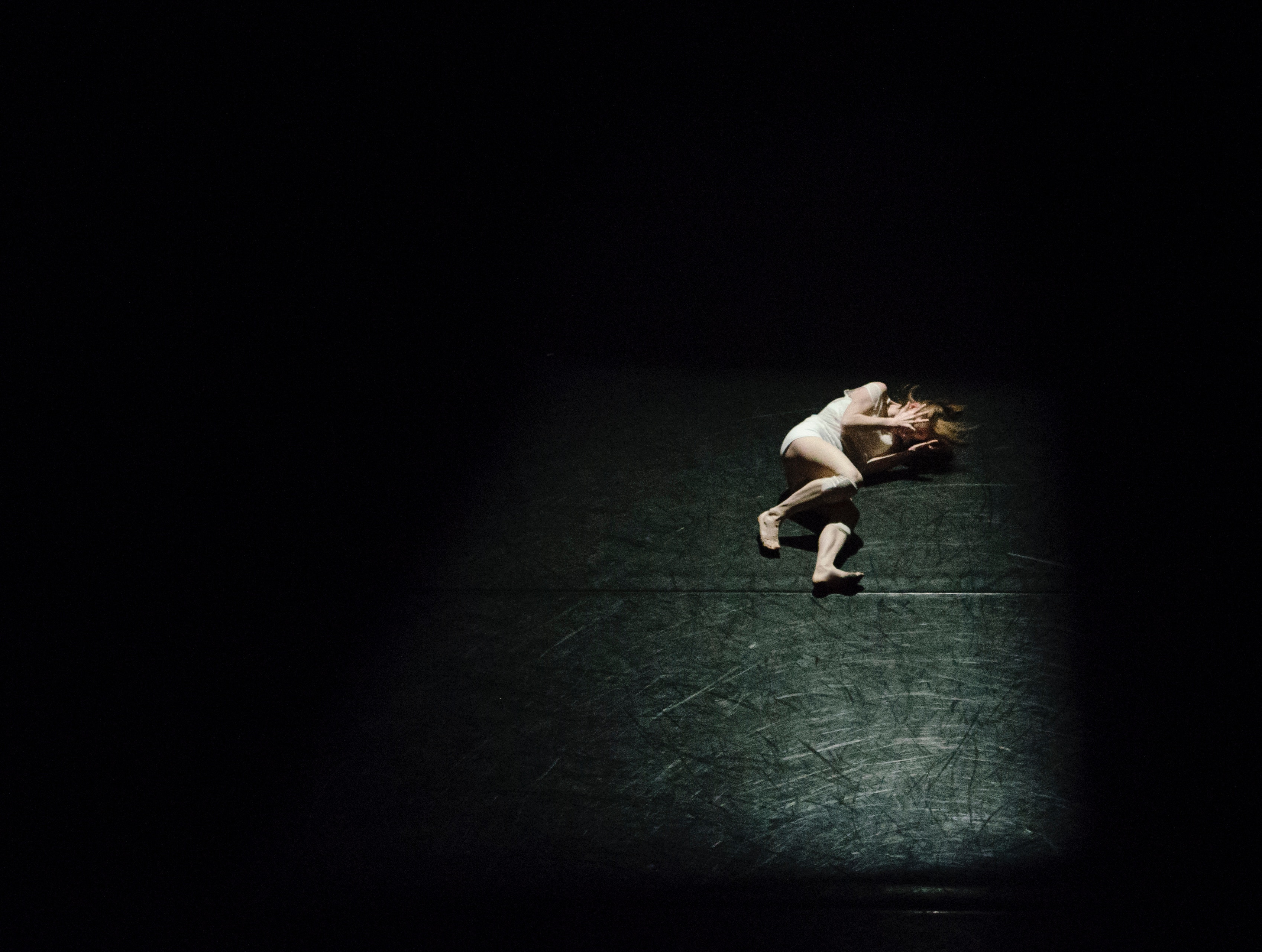
I have this ability of talking about and addressing really, really hard subjects.
Okay. I’ve been really thinking about this. I think one of my big superpowers is that in my work, my creative work, and also maybe as a person too I have this ability of talking about and addressing really, really hard subjects that are painful, and then finding a way to make people laugh about it or see it in a way that they can dive into it. I have a way of bringing joy and pain together. I think it has to do with that I crack myself up. I think that’s a superpower. I think I’m really funny, and I make myself laugh, and that’s how I know when my material is working. I think that’s a superpower.
Totally, and you are so good at it. I can absolutely attest to that. I’ve seen some of the ways that you use this superpower, especially through your show Advice From a Loving Bitch. I would love to talk a little bit more about this show and just how it came about. Can you tell us how it was born? What was the inspiration behind it?
I’ve been a live performer for a long time in my whole adult life. I do these pieces where I talk about intense things and I get people to laugh about it. At some point I just felt how ephemeral live performance is, like, it just disappears. You can have a video of it, but you can’t hold on to it. It’s really hard on video to recreate what it was even like, and so I started to think, “I need to figure out how to have this so anybody can watch it at anytime and it’s tangible.” People always said to me, “You should have a show. You should have a regular television show,” people would say to me. Finally, just the concept came to me that I wanted to tackle self-hatred because I think it’s a universal subject, and I’m really into it. I’m really into this question of what is self-hatred, and why do we do it, and what’s its purpose, and how does it serve us or not serve us? Because I think that there’s a good reason for why we hate ourselves.
That became the premise of the whole show, and I have so much to say about healing, and I love interacting with people. I just put all my favorite things in my show. I love to perform, I love to talk about things I care about, I love to interact with people and interview them. I like to put all the people in my life in my show because I think I love everybody so much and I think people are so smart. I like having my daughter in the show because she is just alight full of innocence, and she really represented the inner child in the show.
Yeah, you talk a lot about the inner child in the show, and I would love to just hear, if anybody watches the show they can get a real good sense of it, but I would love to hear more of your take on this connection with the inner child and the self-hating voice. You mentioned you’re really curious about where this self-hatred originates from, and I would love to know if by doing this show really gave you some insight into that.
Oh, my god, I can’t tell you what I went through doing this show because I had to totally go through what I was explaining. Even though I knew about it, I got close to self-hatred at a whole other level through this show. It was really intense for me. Let’s see, so one thing I encourage people and show them how do to on the show is to externalize your self-hating voice because most people hide that part of themselves from themselves. I really acted out the self-hating voice, like the part that goes, “You suck. You’re a fucking asshole. Oh, give it up. You’ll never get where you want to go. Nobody loves you. You’re ugly. You’re fat,” whatever, just like the criticizing voice, and have people act it out. I did it in a really real way. I did not-
It’s a hilarious way, too.
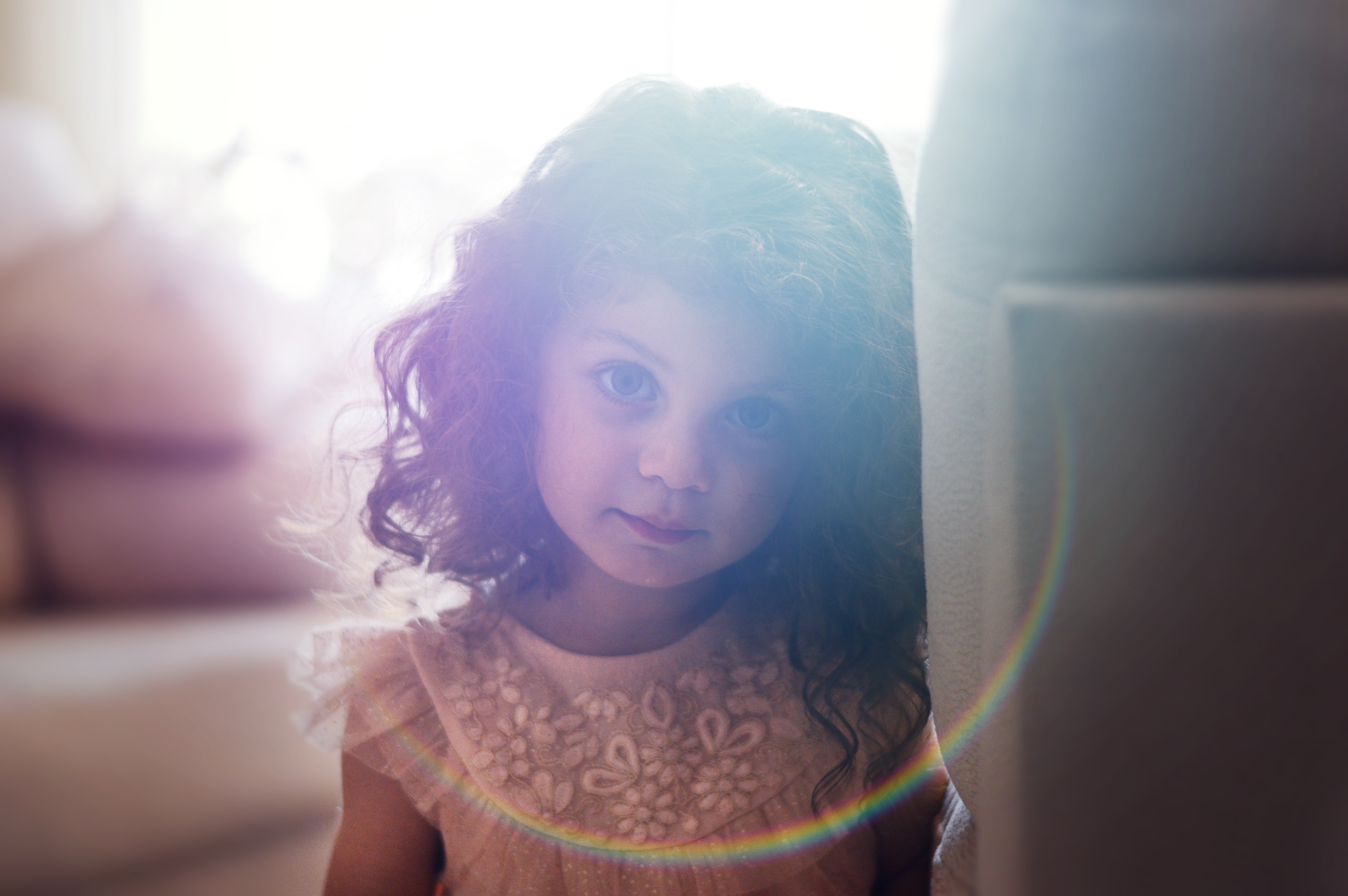
I do inner child work.
Then, I do inner child work, so I’m a therapist, and so I work with people and I work with trauma. The work that I’m trained in is called inner bonding. There’s an aspect in that work where you find your core self. You find your essence. It’s the part of you that is completely intact no matter what you live through, so it’s the part of you that naturally wants joy, naturally wants to express itself, the part of you that wants to connect with other people, that loves certain things like nature or certain outlets like dancing or moving or even science and math. It’s like the part of you that loves things, and so that’s your essence, and that’s what in this work we call the inner child, the part of you that’s just innocent and alive and untouched by pain. I was showing in my show that the self-hating voice is attacking that part of ourselves. It’s hiding our light to try to protect ourselves. The self-hating voice is a whole mechanism in human form of how we survive, that we attack our light and try to hide it so it won’t get hurt.
Yeah, what I loved about your show is in this whole externalizing process because you bring people on to sort of externalize their self-hating voice. There’s this great sense of almost relief that took place, I know in myself, and I know I heard this from other people as well, to see that, oh, my gosh, these like horrible, negative thoughts that can come in sometimes that feel like I’m so alone in them, and it’s just me that has this process and there’s something wrong with me in having this process.
To see it externalized and to see other people speak their self-hating voice, it’s like, “Oh, this is actually not a unique thing that I’m carrying around. There’s nothing special about me that I beat up on myself all the time and all these other people do it too.” I’ve been working in this vein for a long time, and so I didn’t feel like I was super-actively in the process, but there was just like such a beauty of taking the charge away from that. Any thread that may have been left in me of like, “This is just my stuff,” it was just like it can’t exist in the face of seeing it, so it’s like such a universal thing, at least in our culture. I don’t know that it’s a universal thing everywhere, but I know especially in our culture it’s real.
I would be so curious to know if it is a universal human thing.
Well, so the reason why that comes up is because I just remember hearing this interview with the Dalai Lama years ago, and there were some American therapist that were interviewing him. They were asking him what advice he gives, what does he do when people come to him and they are hating themselves. The translator had to take a really long time to explain to him what that even meant because it doesn’t exist in the Tibetan language, like, they don’t have language for self-hatred. He had to talk around and sort of create a whole construct in the language to try to relate to the Dalai Lama what this guy was even talking about.
That’s fascinating.
Yeah, I thought it was super-fascinating. Yeah.
I just want to say I just finished 20 episodes. It took me about a year and a half to make 20 episodes of my show, which was season one, which just ended. Through my studies of doing this for a year and a half I found that the self-hating voice is really trying to protect us and it needs love. It needs to be loved. The self-hating voice needs to be loved, and that what gives it its power is the hiding of it. People shame around the fact that they hate themselves and also the terror of the hatred, what it causes, like when we hate ourselves it causes so much fear. It causes depression, it causes shutdown, it causes anxiety. The self-hatred causes so many unbearable feelings that it seems really scary to then take it out and look at it. But you’re right, the feedback I’ve been getting from people is the relief. There’s a lot of relief of getting it out and looking at it, and the absurdity, there’s a great absurdity when you really do the self-hating voice. You’re like, “That’s crazy. That’s not right.”
Totally, and when you watch other people doing it it’s like, “What are you talking about? I can see your beauty. I can see your essence.” Yeah, it loses its power, I think, when anytime we bring these shadow emotions or these shadow pieces forward, they lose their potency. They lose their ability to have a hold on us. I really want to dive into something that you said when we go into the high vibe deep dive after the break. We are going to take a quick break here. We’ve been talking with Rythea Lee about creativity, the awakening process and healing from trauma. Rythea, before we go to break where can people go to find out more about you?
My website is Rythea.com. Everything I do is on there. If you want to see the show you can either go to YouTube and put in Advice From a Loving Bitch and there it will be. There’s a channel, which has the shows on it, or you can just go to my website and go to Rythea.com/advice.
I really highly recommend you check out her show. All right, Rythea Lee, creativity, the awakening process and healing from trauma will be back in just a second.
To listen to the entire show click on the player above or go to the SuperPower Up! podcast on iTunes.
Music Credit: All instruments played by Amanda Turk. Engineered and produced by Tatiana Berindei and Daniel Plane reelcello.com
Podcast: Play in new window

